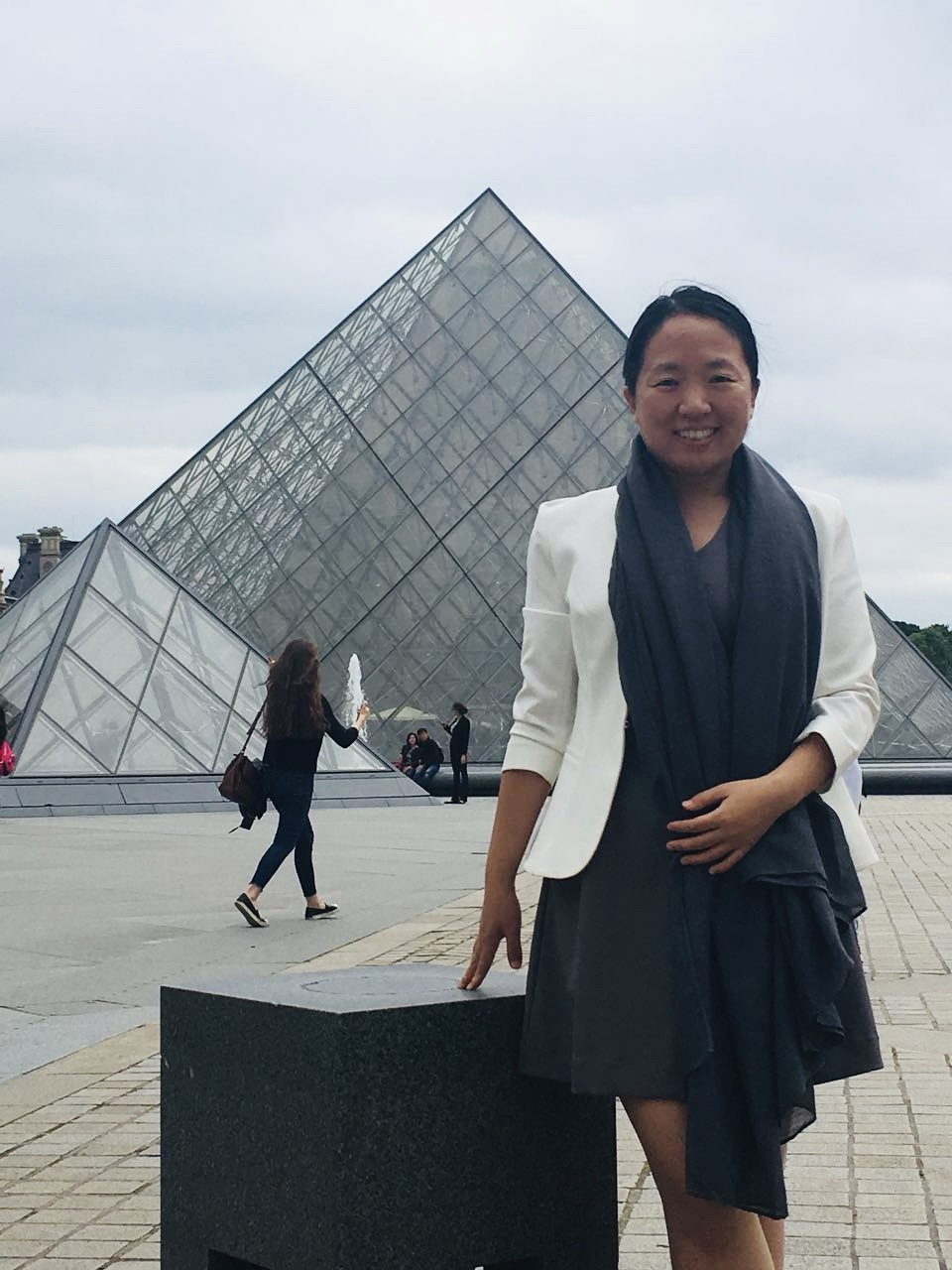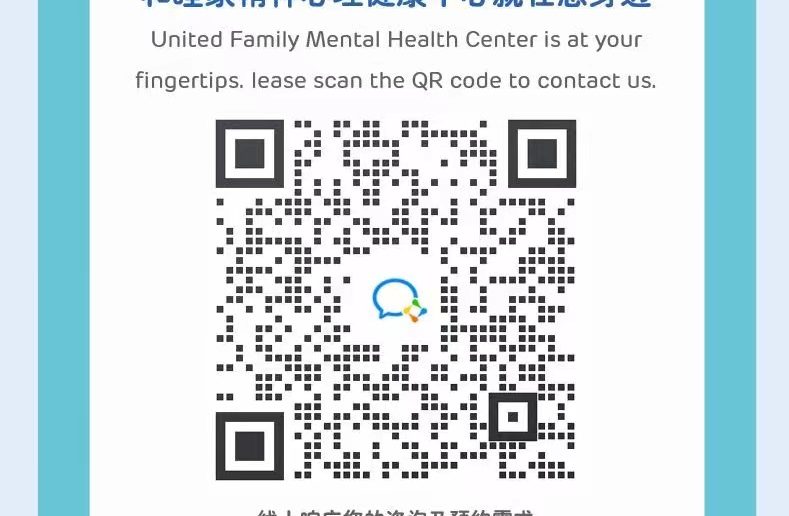Dr. Wenji Dai, the epitome of a nonjudgmental listener, brings nearly 20 years of experience and a wealth of expertise in a wide variety of mental health issues in children and adolescents to Beijing United Family Hospital (BJU). Recently, I had the privilege of interviewing her on her specialty – children and adolescents. We can all agree that parenting is tough. Whether you’re a first-time parent navigating the early years or juggling multiple teens at home, there comes a point when we all wonder if we’re doing something wrong or if there’s more to our child’s moodiness than meets the eye. This is where Dr. Dai steps in.
In a recent interview, Dr. Dai shed light on the collaborative nature of child psychology and stressed the importance of close collaboration with other healthcare professionals. She emphasized the pivotal role of psychologists in complementing medication treatments, highlighting the seamless coordination between psychologists and psychiatrists in patient care.
Let’s kick off with a quick vocabulary lesson:
What’s the difference between a psychiatrist and a psychologist?

So, how do you decide whether to see a psychiatrist or a psychologist? Dr. Dai advises choosing one and working closely with them to determine the best path for your specific needs. Often, the two professionals collaborate closely to devise the optimal treatment plan based on the severity of the individual’s condition. “When a psychologist feels that a patient’s condition warrants further assessment or medication treatment, we work hand in hand with psychiatrists to ensure comprehensive care,” Dr. Dai explained.
To my surprise, Dr. Dai mentioned that seeking mental health support may not be a lifelong commitment for everyone. She takes pride in discharging many patients after guiding them through the appropriate course of treatment.

The child psychology department at BJU offers a diverse range of services tailored to the unique needs of young patients. Dr. Dai stressed the importance of involving parents and caregivers in the therapeutic process, emphasizing the significant role of family support in a child’s mental health journey.
“Treating children often involves close collaboration with their parents, families, and schools,” Dr. Dai noted. “Collaboration among all stakeholders is essential for effective intervention.”
Dr. Dai works with individuals across a wide age range, from adults and teenagers to children as young as five years old. She shared insights into her approach to working with children of different age groups. For younger children, she emphasized the importance of creating a comfortable and playful environment to facilitate communication and assessment. “Play therapy can be incredibly effective when working with young children,” Dr. Dai explained. “Engaging in playful activities helps children feel at ease and allows us to observe their behavior and assess their needs.” Through these playful interactions and “casual conversations,” Dr. Dai gains valuable insights into the children’s mental and emotional states.
When working with adolescents, Dr. Dai highlighted the importance of respecting their privacy while involving parents in the therapeutic process. She emphasized the need for open communication and understanding between parents and teens. “It’s crucial to respect teenagers’ privacy and autonomy while also providing them with the support they need,” Dr. Dai emphasized. “Listening to teenagers and understanding their perspectives is key to building trust and rapport.”
During our conversation, Dr. Dai emphasized a commonality she has noticed among children in Beijing: their stress levels. Amid our own daily stresses, it’s easy to overlook the stress our children experience. Whether it’s their concerns, achievements, or anxieties, Dr. Dai reminds parents not to dismiss or belittle them. In addition to individual therapy sessions, the department offers support groups and educational resources for parents, equipping them with the tools and knowledge to better support their children’s mental health.

Dr. Dai underscored the importance of early intervention and urged parents to seek help if they notice any signs of behavioral or emotional difficulties in their children. “Early detection and intervention can make a significant difference in a child’s mental health journey,” Dr. Dai emphasized. “We encourage parents to reach out for support if they have any concerns about their child’s well-being.”
With a dedicated team of psychologists and psychiatrists, BJU is committed to providing compassionate and comprehensive care for children and adolescents facing mental health challenges. Dr. Dai’s expertise and compassionate approach reflect the hospital’s commitment to promoting the mental well-being of young patients and their families.

Outside of her professional life at BJU, Dr. Dai enjoys reading, exercising, and spending time with her family and pets. To get in touch with Dr. Dai, simply scan the QR code to make an appointment through BJU.

Images: courtesy of Dr. Wenji Dai




